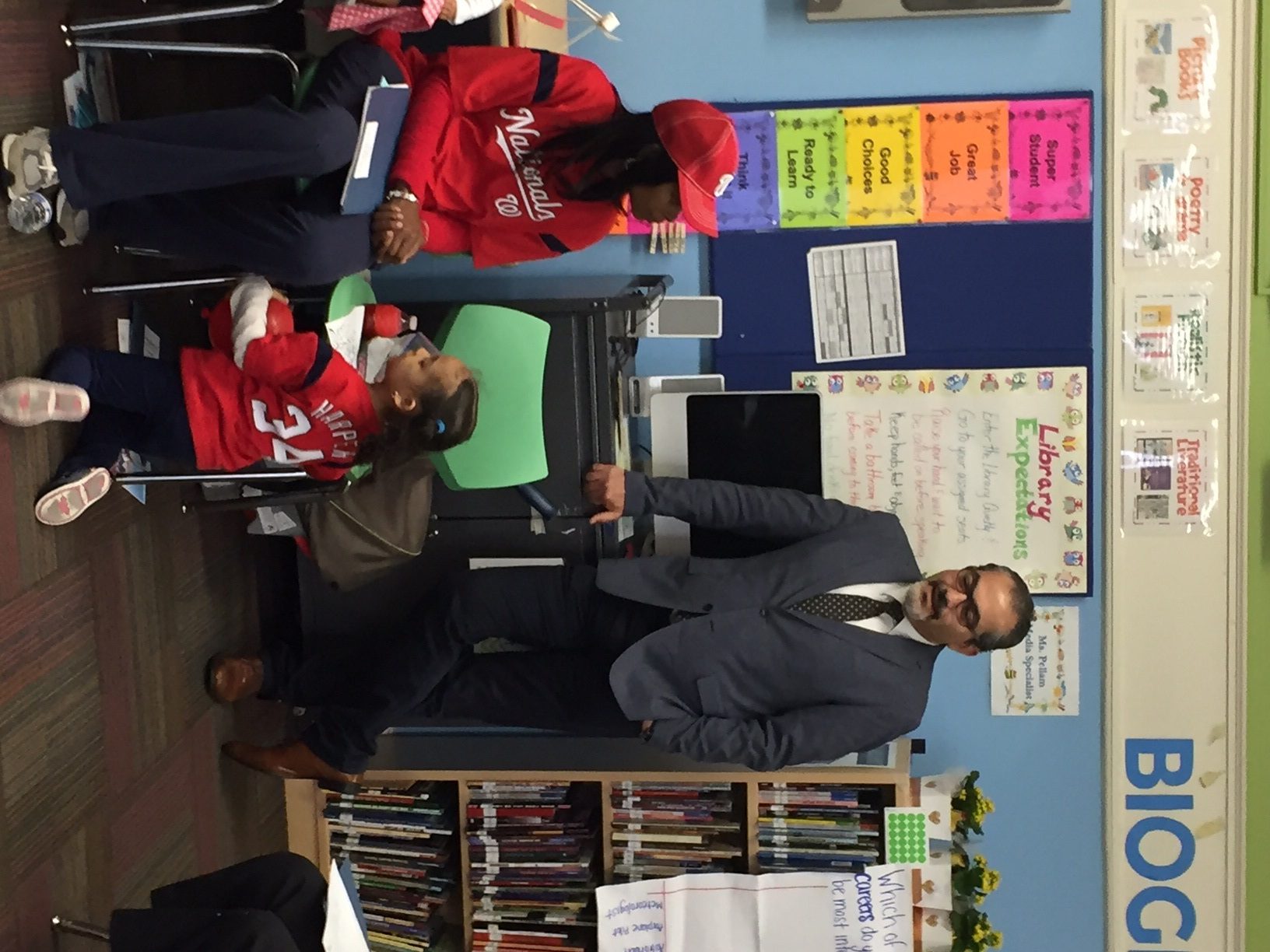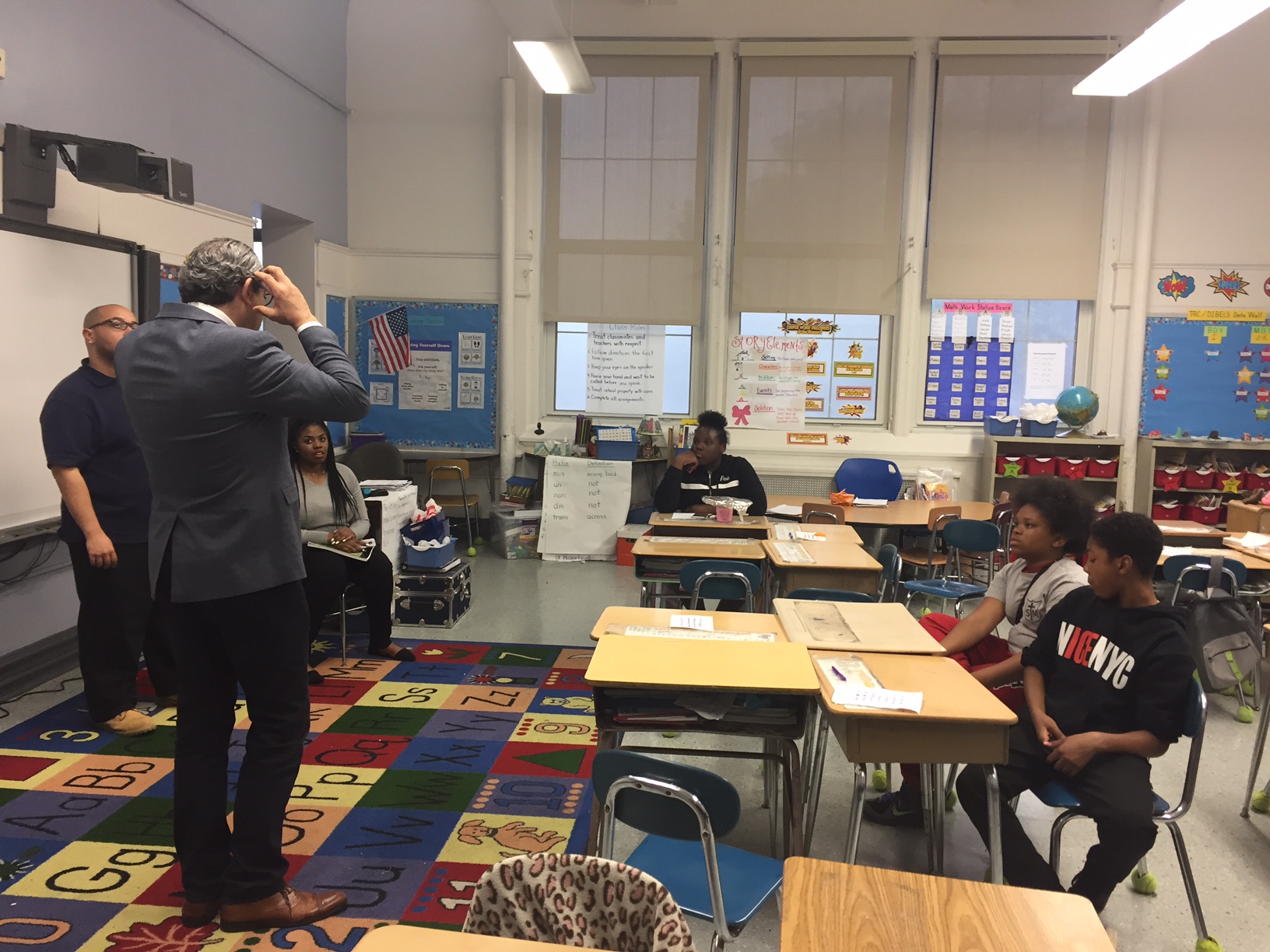
As an education nonprofit organization existing in an ever changing world, Turning the Page (TTP) works hard to keep up with current trends, recent and relevant research, and technological advances – all as they relate to education. In the early years of our programming (around 19 years ago!), we focused most of our attention on promoting the consistently significant issue of childhood literacy. While literacy’s importance to a high quality education, and positive educational outcomes, remains crucial, TTP understands that an equal emphasis must also be placed on art education, social and emotional learning, health, learning through play and STEM education.
In an effort to expose families to, and excite them about, these essential topics, TTP invites a variety of renowned children’s’ book authors and illustrators, artists, university professors, historians, scientists and other professionals to engage with parents, students and teachers at TTP events. Recently, however, a great deal of research has emphasized the critical importance of exposure to STEM topics during childhood. This exposure has a particularly powerful effect on low-income children and families.
 According to a new study by the Charles Stewart Mott Foundation and STEM Next about the effect of STEM-focused afterschool programs on students, 78% of students said they had a more positive attitude about STEM because of their afterschool experience, 80% said their STEM career knowledge increased, 72% said their critical thinking skills increased, and “…more than 70 percent of students… showed positive gains in STEM subjects, careers, knowledge and 21st-century skills…” STEM-focused afterschool programs “…can be part of the solution for really helping to have more educational opportunities available… for low income kids and for kids in underserved populations,” stated Gwynn Hughes of Mott.
According to a new study by the Charles Stewart Mott Foundation and STEM Next about the effect of STEM-focused afterschool programs on students, 78% of students said they had a more positive attitude about STEM because of their afterschool experience, 80% said their STEM career knowledge increased, 72% said their critical thinking skills increased, and “…more than 70 percent of students… showed positive gains in STEM subjects, careers, knowledge and 21st-century skills…” STEM-focused afterschool programs “…can be part of the solution for really helping to have more educational opportunities available… for low income kids and for kids in underserved populations,” stated Gwynn Hughes of Mott.
TTP understands that today’s world is an increasingly digitized and interconnected one. The need for children to possess knowledge and skills about STEM subjects and careers has never been more vital. Students from TTP communities must overcome many obstacles. By exposing them to, and engaging them in, STEM topics on a frequent basis may have long-term, positive effects on their future success, potentially placing them on entirely different paths than they would have otherwise taken. Due to TTP’s experience, community partnerships and expertise, we bear a unique capacity to build and spread interest in STEM topics within our communities. We do this by exposing families to the vast amounts of STEM education and career opportunities available to their students.
“Do you know why we dream, and what they mean?”

In April, TTP invited Dr. Mohamad Koubeissi, professor of neurology at The George Washington University to engage with families at a Garfield Elementary Community Night. He is also the director of GW’s Epilepsy Center. Dr. Koubeissi, originally from Beirut, Lebanon, was featured in an episode of National Geographic’s “Breakthrough” for his innovative research in finding a cure for Epilepsy. During the evening’s events, he shared his educational and career journey with TTP families. He told the story of how, growing up, he found solace, and a sort of escape, in science and mathematics, as his home country was engaged in a civil war around him. Dr. Koubeissi recalls the incredible impact one teacher was able to have on the course of his life. His teacher did this by encouraging and inspiring him to pursue an education in STEM subjects. Dr. Koubeissi was easily able to accomplish the occasionally difficult task of captivating a group of Garfield fifth-grade students as he spoke about how the brain functions and controls every part of everything human beings do. Students enthusiastically asked complex questions that Dr. Koubeissi patiently responded to, in detail. “Do you know why we dream, and what they mean?” asked one fifth-grader.
Dr. Koubeissi’s visit is one of many examples of a community member graciously donating their time and expertise to TTP families – contributing to our dynamic, enriching and relevant programming.
